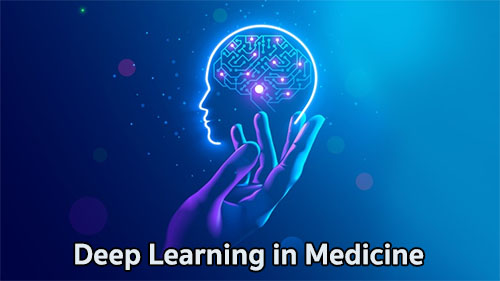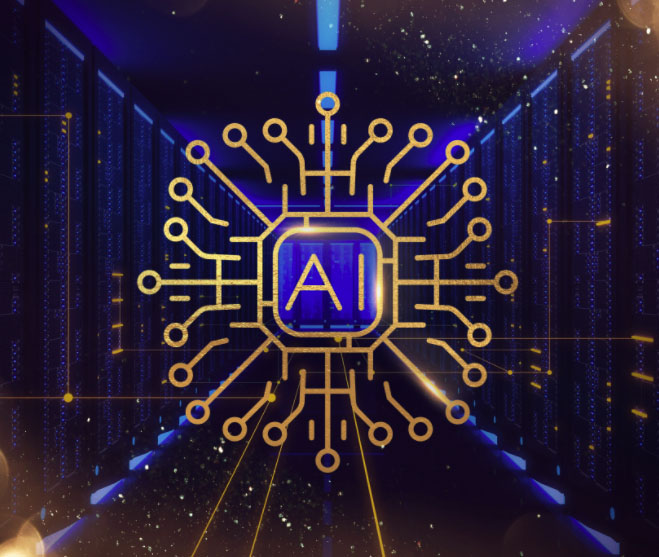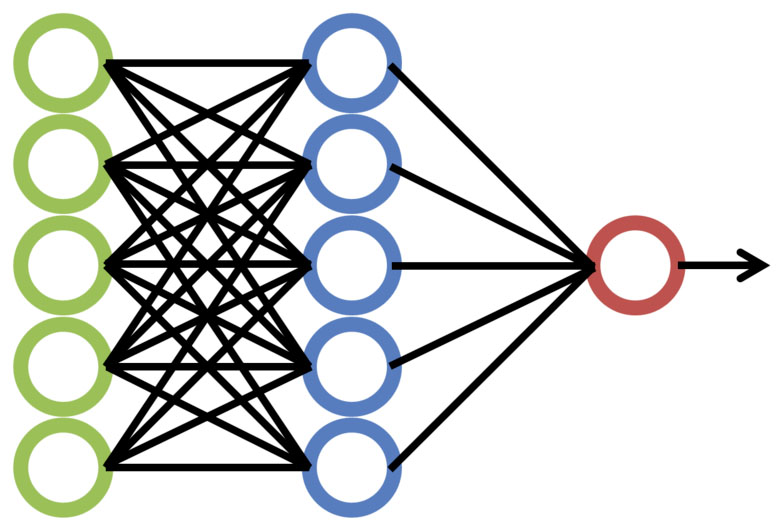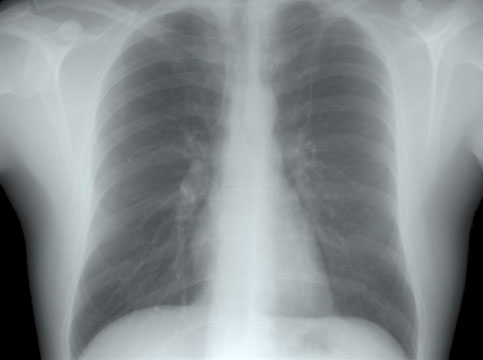The advances in AI technology have changed the way things are done in many industries, healthcare included. Medical organizations are increasingly becoming interested in how this new technology can help treat patients in 2022 and beyond. One part of this developing technology that is helping in healthcare is deep learning. Deep learning allows data to be quickly analyzed giving precise results in ways healthcare hasn’t experienced previously. So what is deep learning in healthcare, and what can it do to improve patient care?
Contents
What is Deep Learning?
Sometimes referred to as hierarchical learning or even deep structured learning, deep learning uses layered a logarithmic architecture to enable better data analyzing.
Deep learning uses a layered model to filter data, with each new layer using information output from the previous layer. This increases the accuracy, with every new layer of data processed. Associations can be made as the model learns from the data it accumulates from different layers. The model doesn’t just learn from one node in the layer above, data is passed between all nodes on the layer above to every node on the layer below.
The idea behind deep learning is based on how brains work. In human or animal brains, electrical signals pass through cells stimulating neighboring or a new layer of neurons.
Deep learning benefits over technologies like machine learning because it already undertakes many of the jobs a human would have had to complete before processing the data. Deep learning can take care of the classification of data without involving a human programmer.
How can Deep Learning Improve Medical Care?
Deep learning allows for even very complex functions to be mastered by the model. This leads to a system that is more easily able to remove data that is irrelevant, giving more accurate results.
When applied to a task like screening for abnormalities in scan imagery, subtle differences are more easily highlighted. Then patients with similar risk factors can be grouped together, finding patterns between symptoms which can lead to better diagnosis.
How is Deep Learning Used in Medicine?
New ways are frequently being found to apply deep learning in medical settings. Some of these will be patient-facing, while others help clinical processes become more streamlined.
Medical Imaging Diagnosis
One area in which advances have been made using deep learning is in analyzing images. The type of deep learning referred to as convolutional neural networks is found to be more effective at diagnosing than medical professionals in certain circumstances.
For example, a convolutional neural network designed specifically for the task of reviewing dermatology images was found to operate better than trained medical professionals. It was able to identify melanomas 10% more accurately than its human counterparts.
Part of this difference was down to the machine having more background information, including the age, gender, and the location of the image. Even when these differences were factored out of the equation, the machine performed 7% more effectively than clinicians.
Deep learning can also be faster than medical staff doing the same job. It can take just over a second to analyze an x-ray, whereas a highly trained expert could take many minutes to completely review the image.
Saving time like this can be crucial in many areas of medicine. It allows radiologists to be alerted to problems on x-rays that can lead to faster treatment for patients. It reduces the backlog of work a doctor might have to get through, drawing their attention to the more important cases and making their workday more effective.
Precision Medicine
Precision medicine takes into account each person’s lifestyle, environment, and genes to better find a solution to their ailment. Since typically no single treatment works for everybody, precision medicine works to improve patient outcomes.
One type of treatment might work very well for patients in a particular category, but miss the mark for others. There might be a lot of data on patients, treatment options, and how successful they are, but a lot of work needs to be done to understand what that information really means. This is where deep learning can once again help.
 Jobs that require a huge amount of data to be processed can be aided with deep learning. Processing large amounts of clinical, genomic, and population data, can uncover new links between physical environments, medicine usage, and genes that were previously unknown.
Jobs that require a huge amount of data to be processed can be aided with deep learning. Processing large amounts of clinical, genomic, and population data, can uncover new links between physical environments, medicine usage, and genes that were previously unknown.
Deep learning presents an avenue to sift through this huge amount of data and discover things that researchers aren’t even looking for. Patterns can be discovered that may reveal surprising results and produce benefits in patient treatment.
These technologies can accelerate data processing, reducing the time it takes to analyze information from months or even years to just a few hours.
One area in which this is helping is in the area of cancer research. Through using predictive analytics as well as molecular modeling, it is hoped that they will be discoveries as to why certain people suffer from tumors.
 Work has been completed using these techniques to provide understanding out of the following pools of data:
Work has been completed using these techniques to provide understanding out of the following pools of data:
- In-vivo
- In-vitro
- Patient records
- Real-time data
- Clinical guidelines
This should produce better decision-making from doctors, enabling better outcomes for their patients. It should also mean less invasive procedures are required while still proving more effective.
The use of this data in better ways could result in less reliance on biopsies, or extreme surgical procedures when the correct course of action isn’t 100% certain.
Predictive Analytics
There is also hope that deep learning will form part of the clinical decision-making process in many different areas of medicine. It could be used to alert doctors early on if there is a risk of conditions like respiratory failure or sepsis. It could be used in ICUs to understand when an at-risk patient is taking a turn for the worst, allowing doctors to intervene before it’s too late.
Much of the work done in this area has been about reducing the likelihood of death, but work is moving towards predicting what the best actionable treatments are for patients at many different stages. It can give doctors recommendations for treatment, with a detailed account of why that recommendation was made.
 These recommendations can help doctors gain confidence in their clinical assessment, as well as alert them if they are choosing the wrong course of action.
These recommendations can help doctors gain confidence in their clinical assessment, as well as alert them if they are choosing the wrong course of action.
Google is working on predictive analysis through their subsidiary DeepMind. They are developing a commercialized software deep learning tool that is capable of identifying a large number of different eye diseases. This can advise doctors of the treatment suitable for the patient when a problem is discovered.
The software is as accurate as doctors are at diagnosing eye problems. This could be an important tool that speeds up treatment for conditions that will result in fewer people unnecessarily losing their eyesight.
Eye specialists typically have a lot of scans to analyze every working day, this leads to delays in diagnosis that could lead to serious consequences for patients. Fortunately, the analytical process with this software is almost instantaneous, giving a clear diagnosis and treatment recommendations.
What Does the Future Hold in Medicine for Deep Learning?
While deep learning has already produced some remarkable results, hopes are high for increasingly significant developments. The concept of deep learning and the benefits it offers in medicine have intrigued many, leading to more research being directed there.
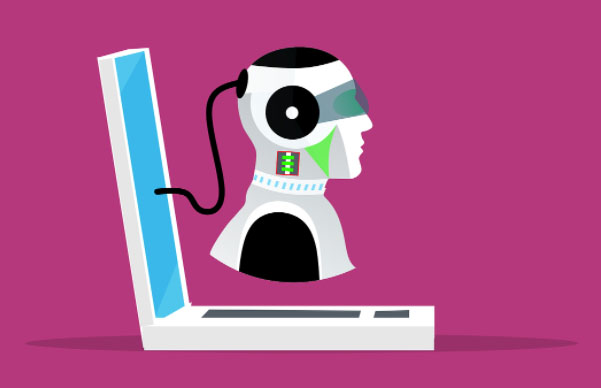 Not only are future developments heading towards better diagnosis, but there are also potential advances in medicine supply. Some customer-facing applications and devices, like virtual assistants Alexa and Siri, offer ways of improving health care to individuals.
Not only are future developments heading towards better diagnosis, but there are also potential advances in medicine supply. Some customer-facing applications and devices, like virtual assistants Alexa and Siri, offer ways of improving health care to individuals.
It could offer a way of diagnosing some types of illness simply by communicating with your virtual assistant. This will also likely be integrated with online pharmacy services offered by these companies.
However, though using a service like this will be easy and immediate, it isn’t likely to be the cheapest option. Patients will still want to find effective medicines at affordable prices, and this will mean that online pharmacy reviews 2022 will still be very important.
While you can go online after you’ve been diagnosed by a doctor or a virtual assistant to buy your meds, you could end up on a scam pharmacy website. This is why online pharmacy reviews 2022 will still be vital to helping people avoid making a potentially dangerous medical purchase.
Conclusion
Deep learning is one of the new AI technologies that is really changing the face of medicine. Increased computer processing power and a better understanding of these methods are pushing development further. This innovation will lead to better predictions on patient health that should prevent much unnecessary suffering.
There is also a lot of investment and excitement about the prospects of these technologies. It could very well be the case that we are just at the start of the deep learning revolution that will improve medical care for many generations into the future.
The maturity of this technology is moving us towards a place where consumers will have tools at their fingertips to enable them to quickly and cheaply get the medical assistance they need. It is never possible to be completely certain where technology will lead, but with deep learning there certainly seems to be a lot of clear positives.

